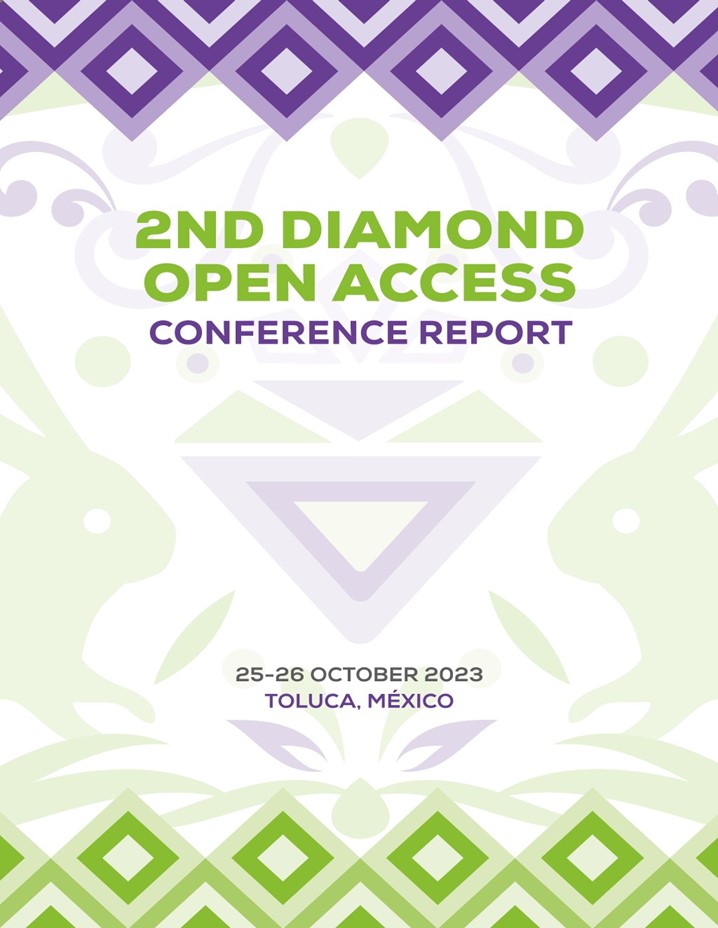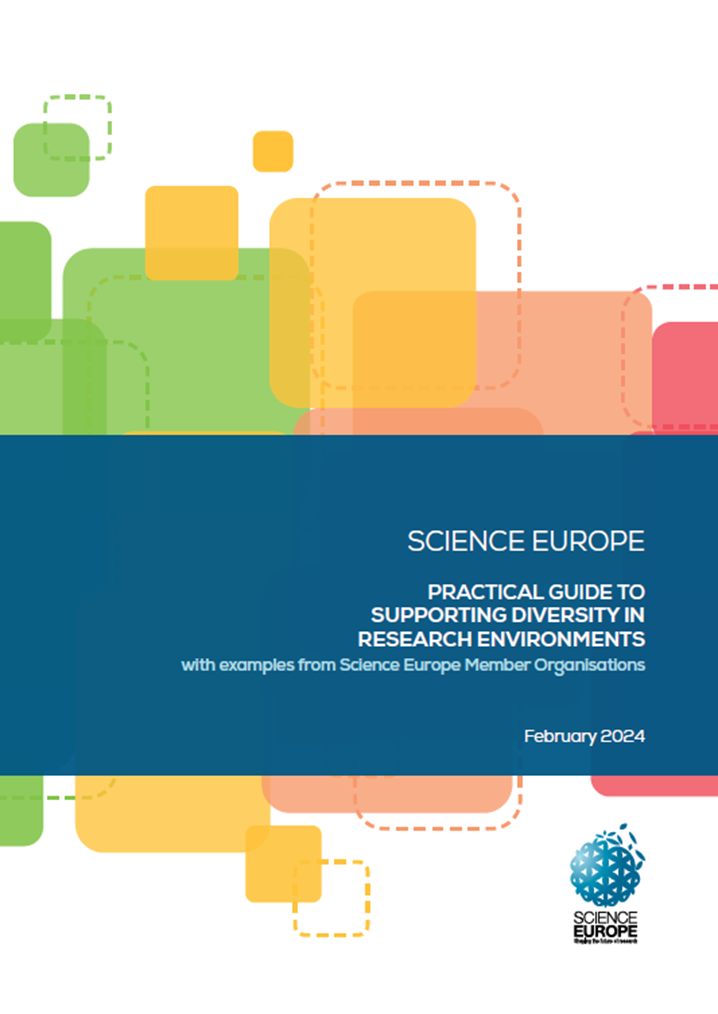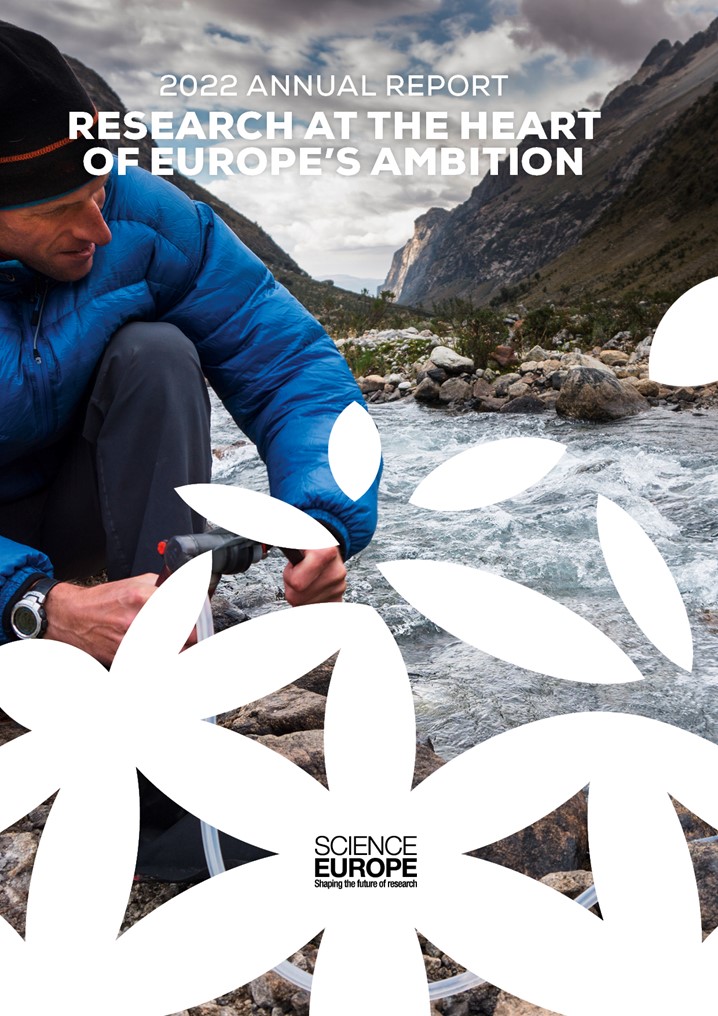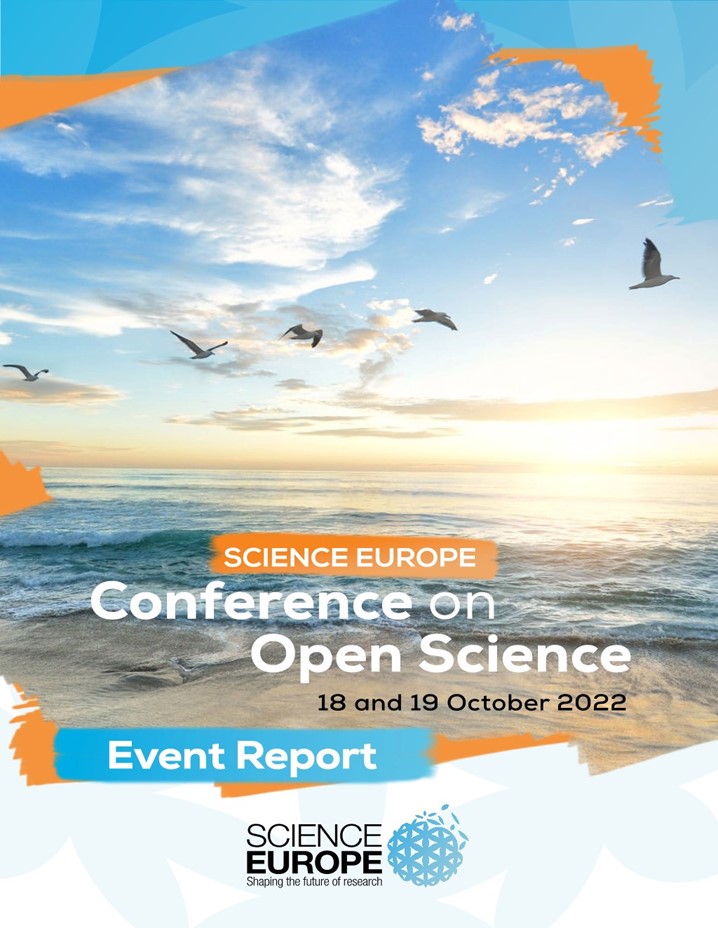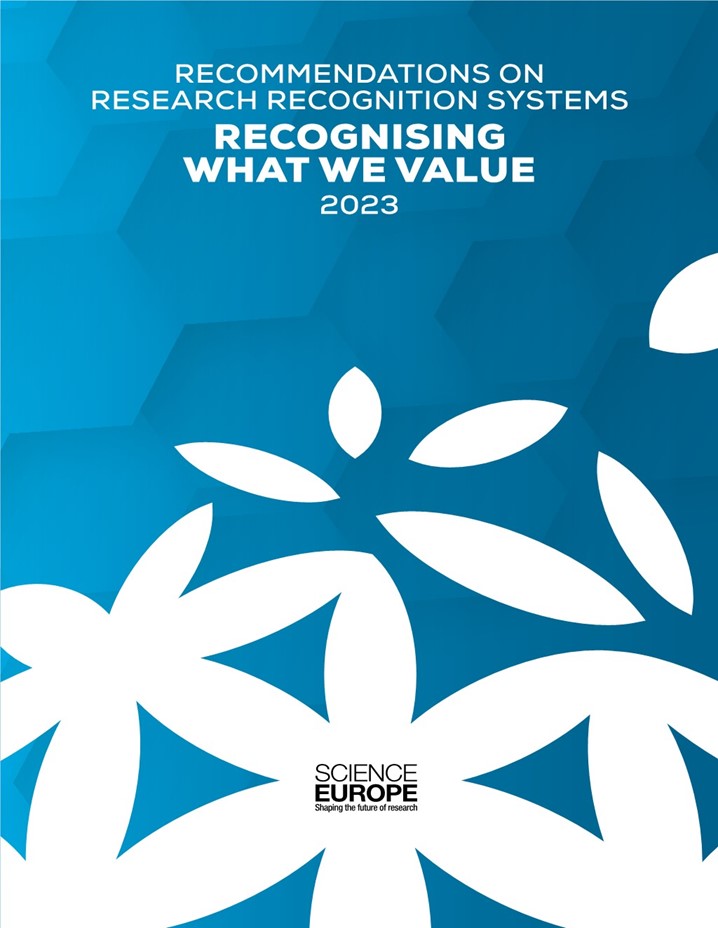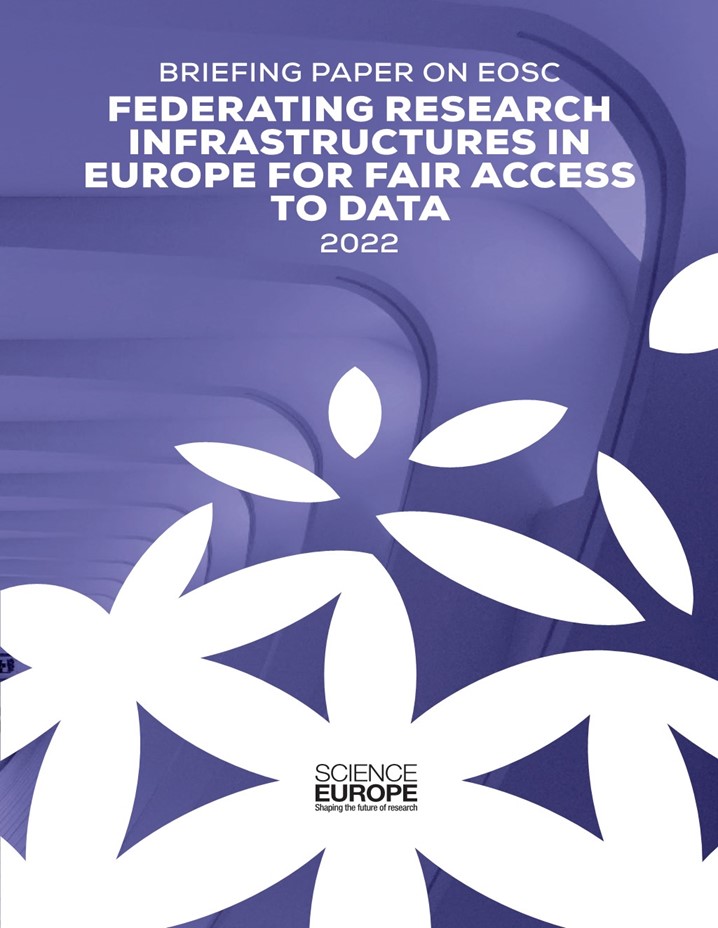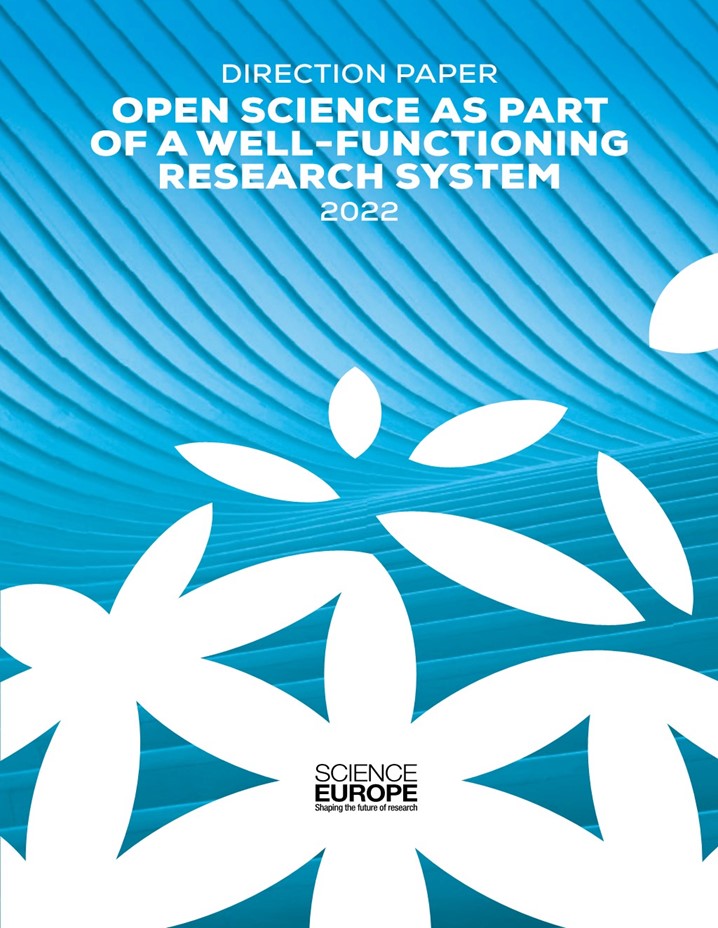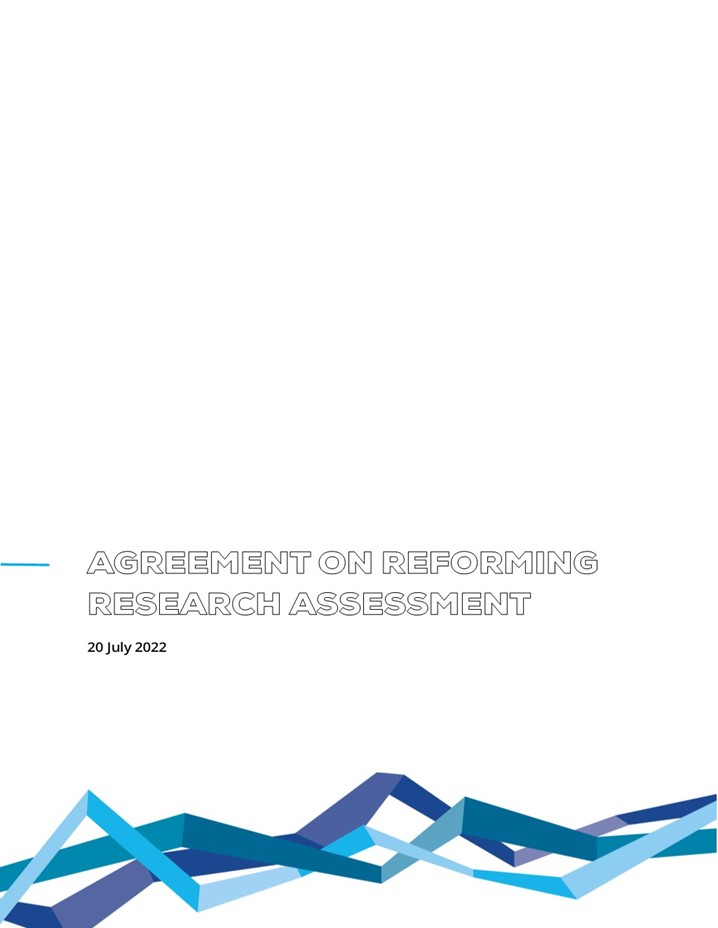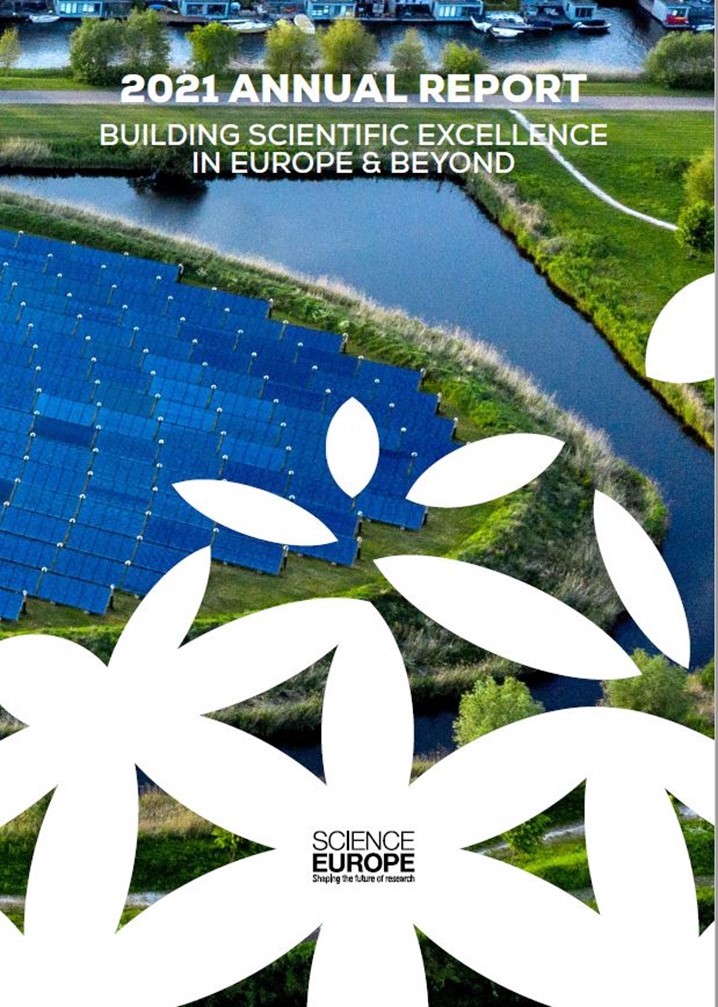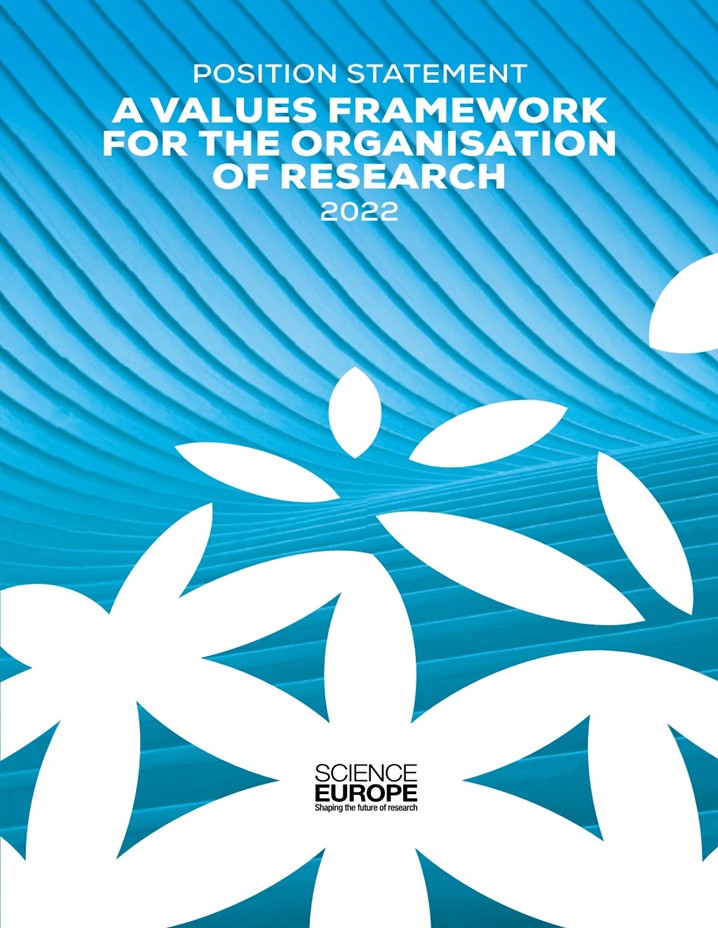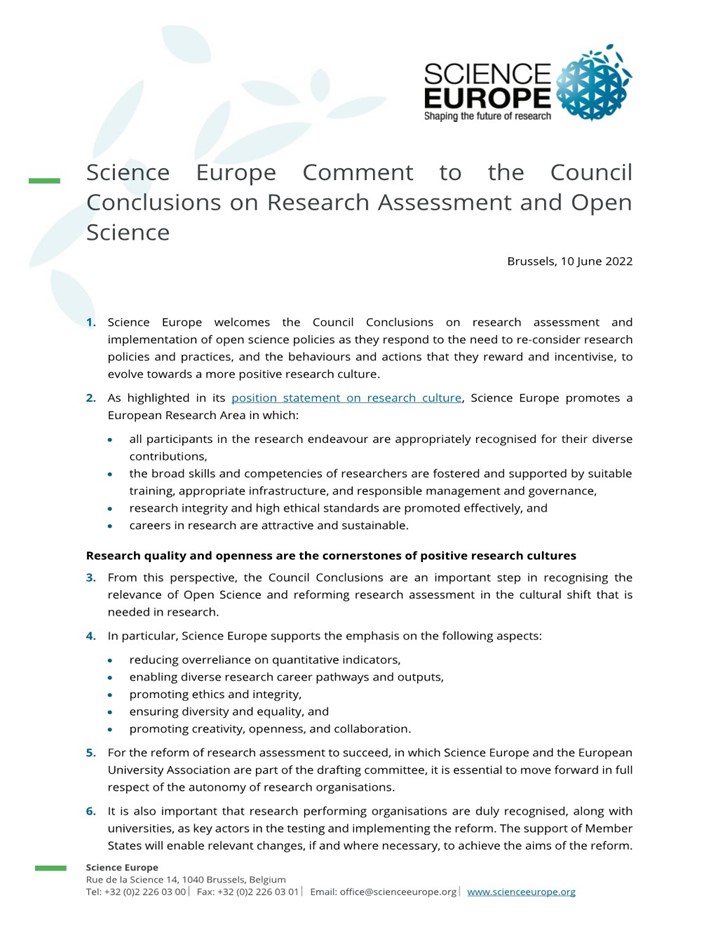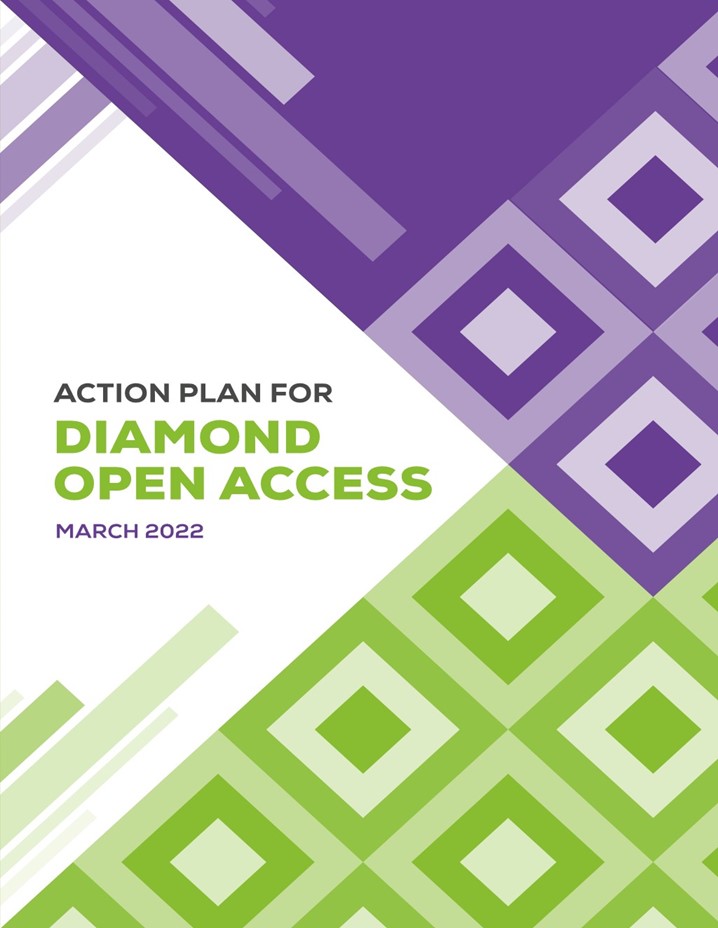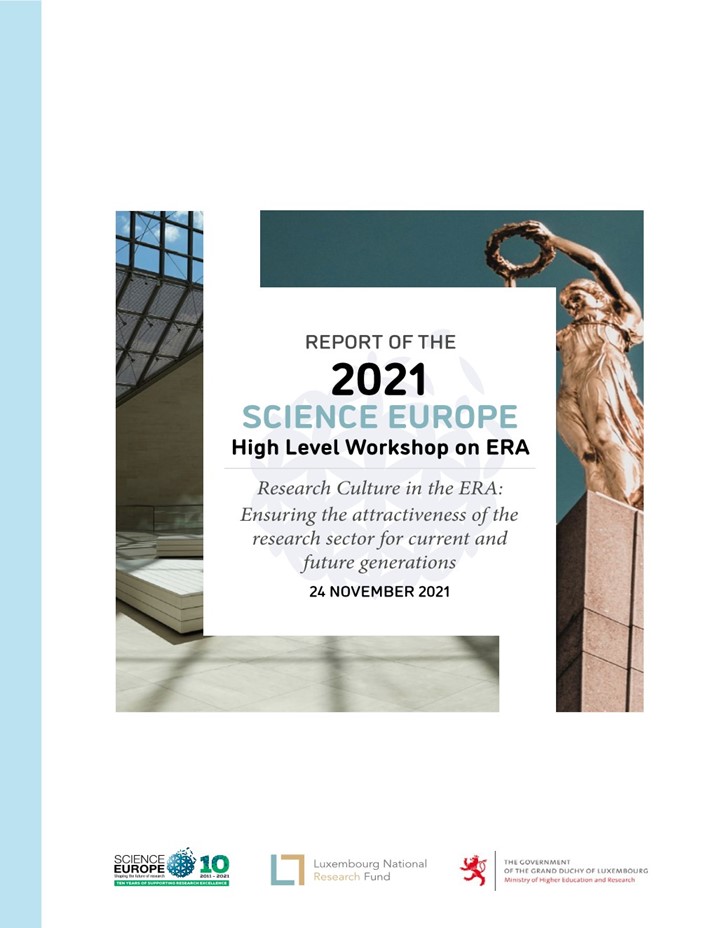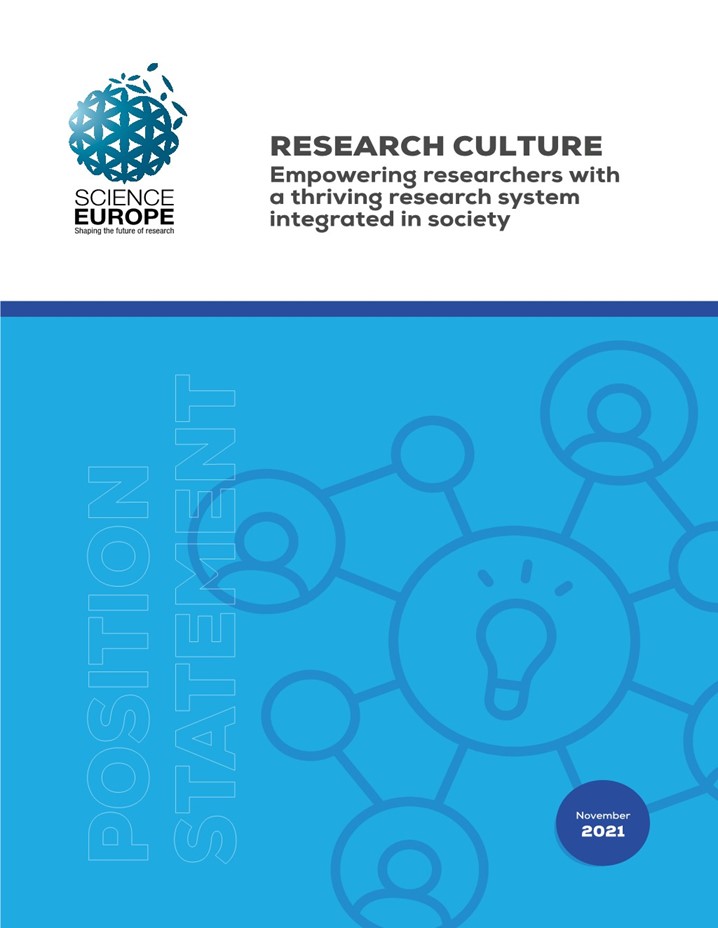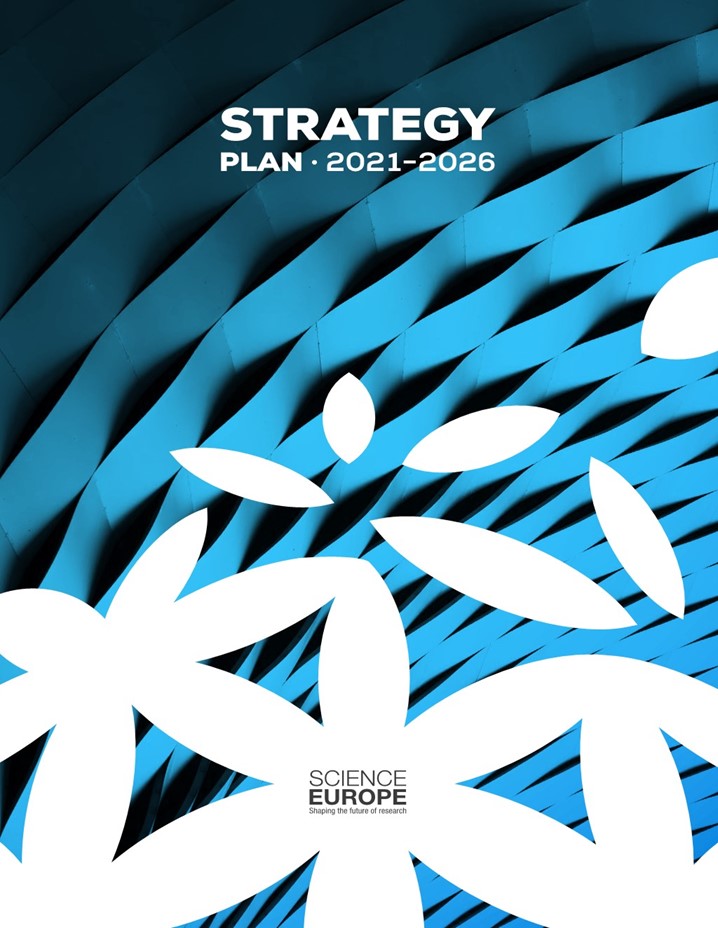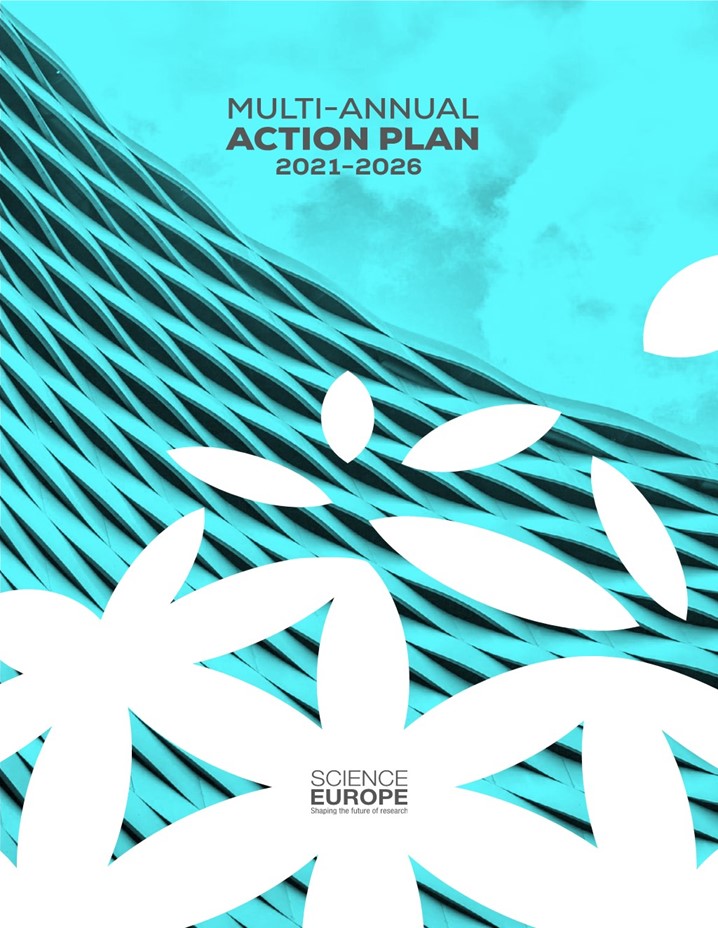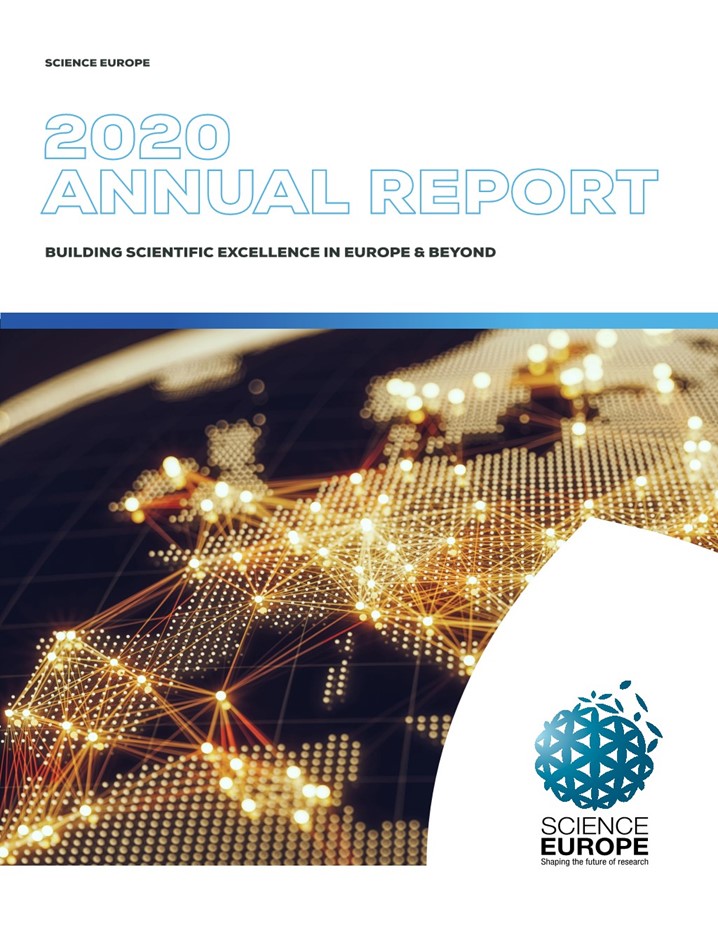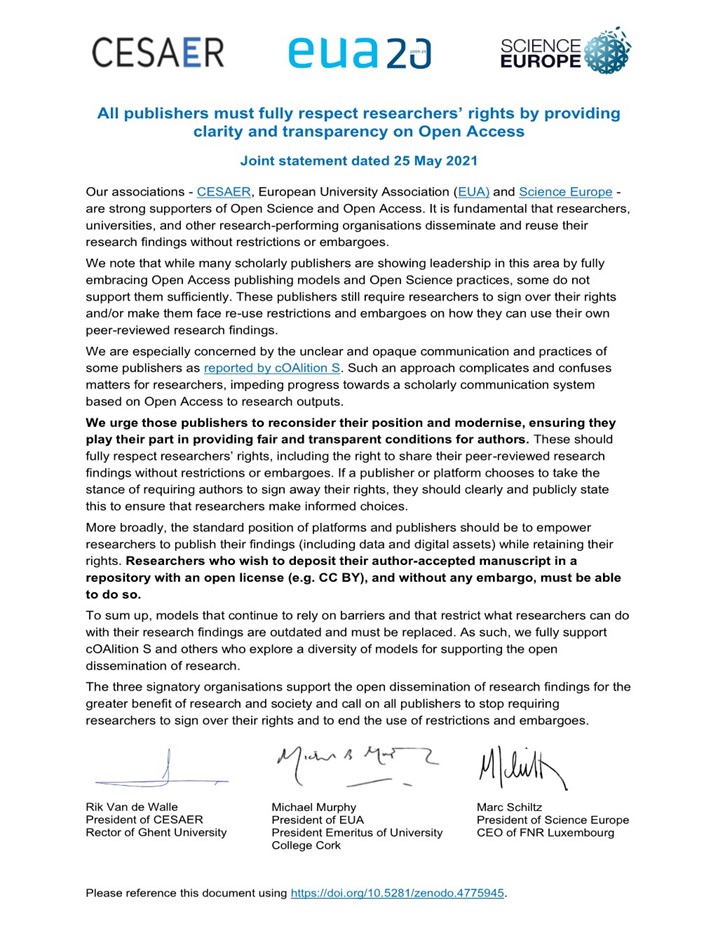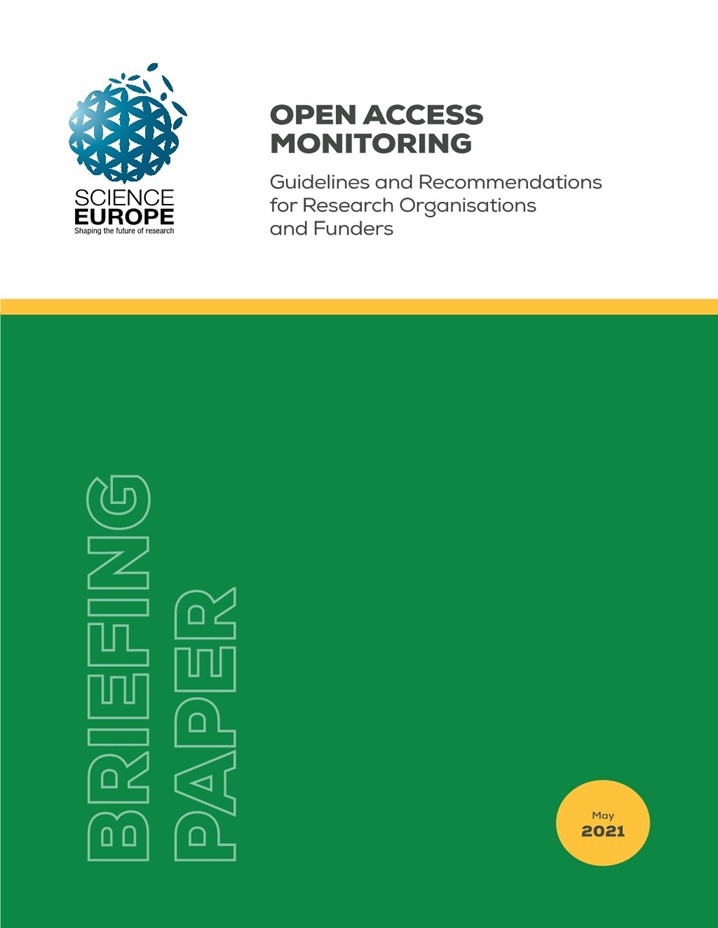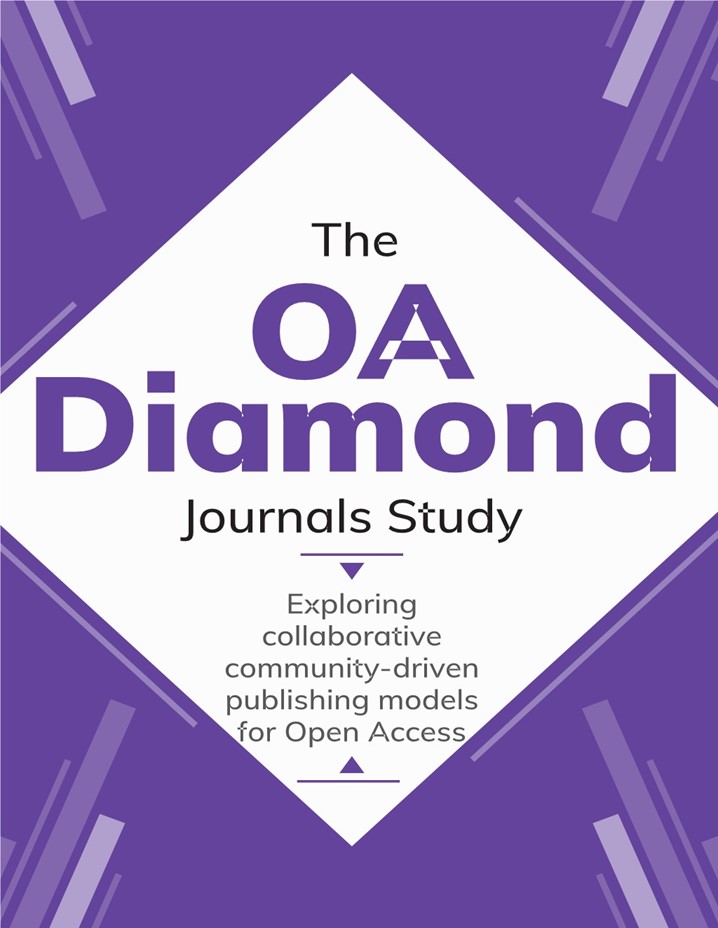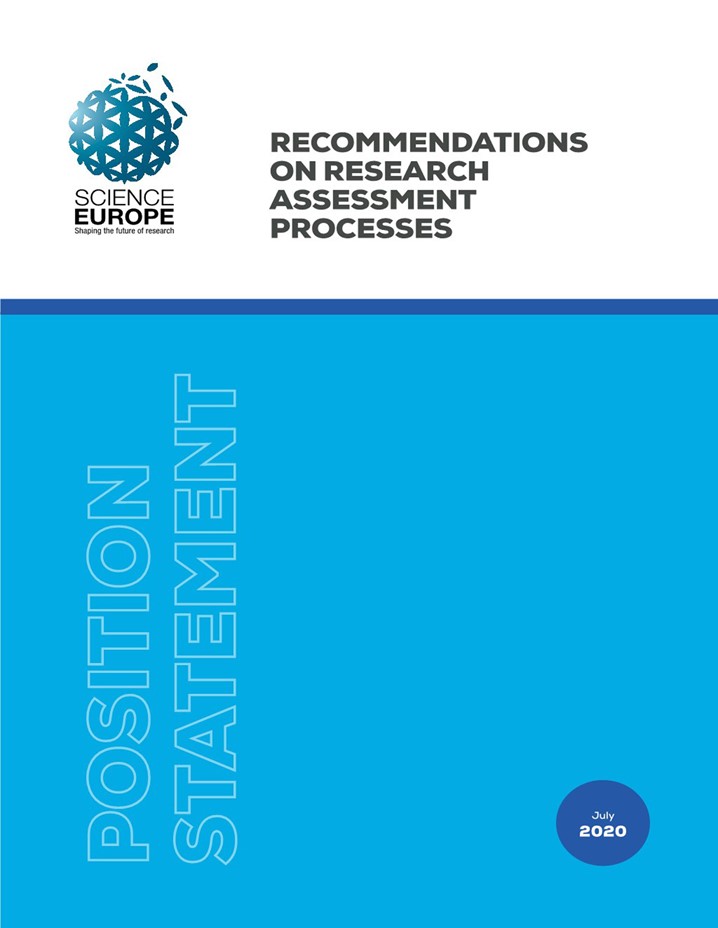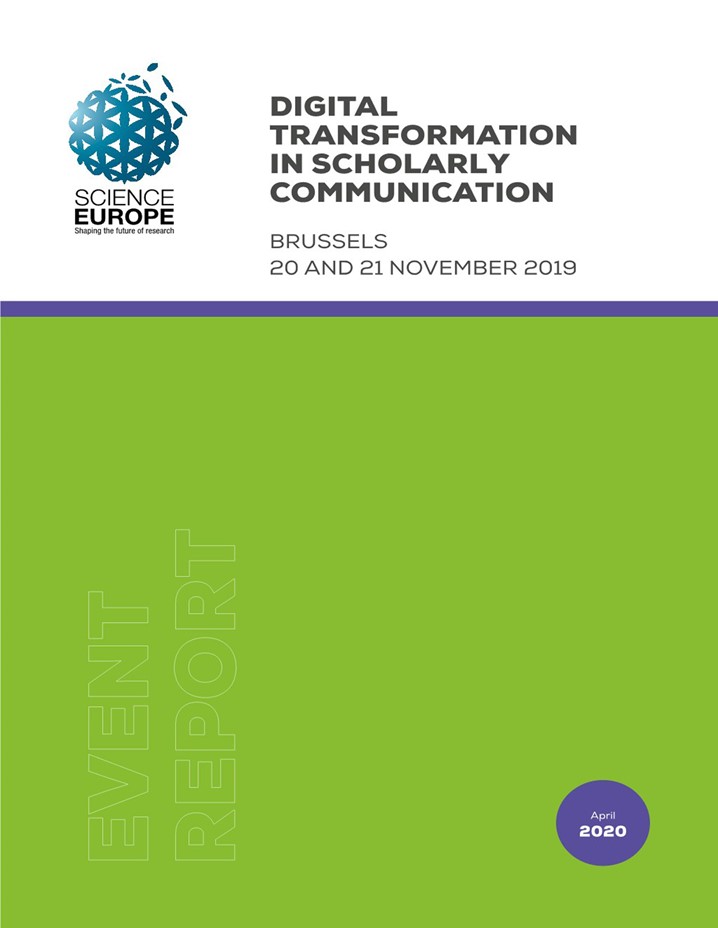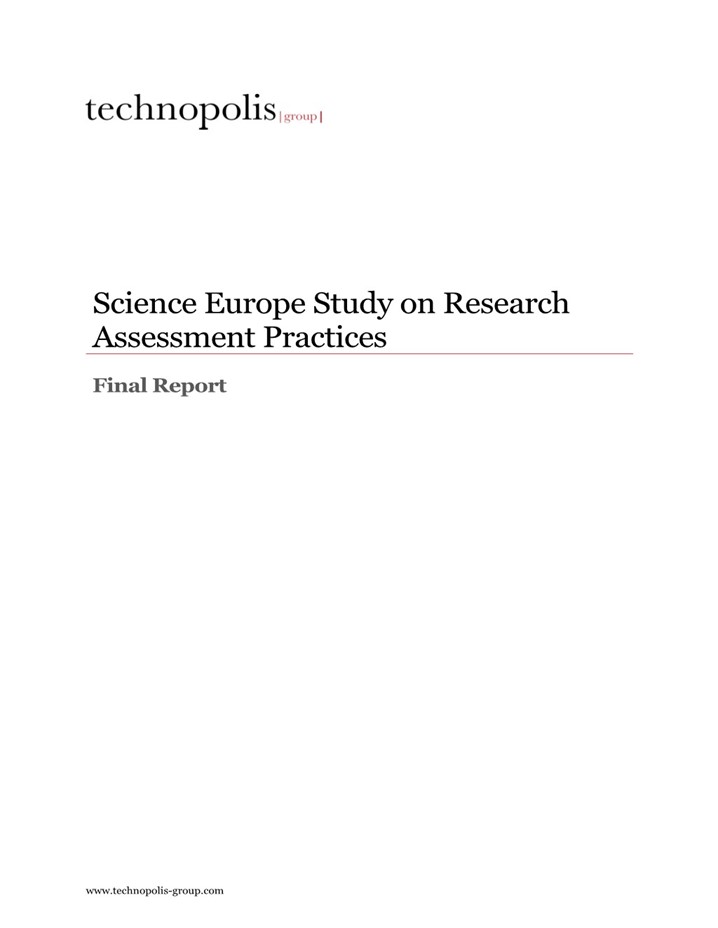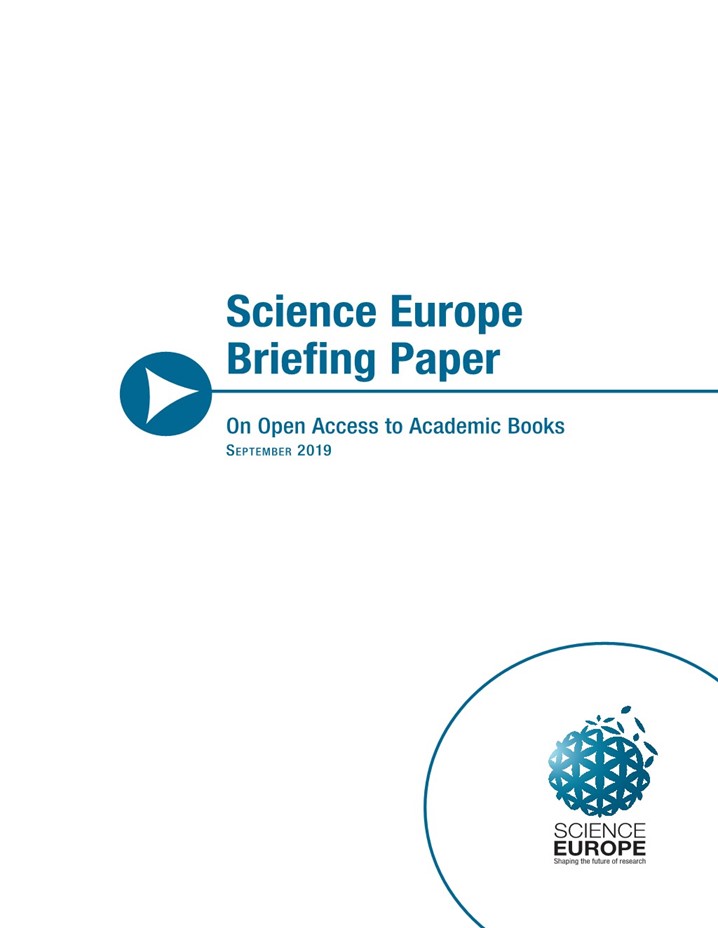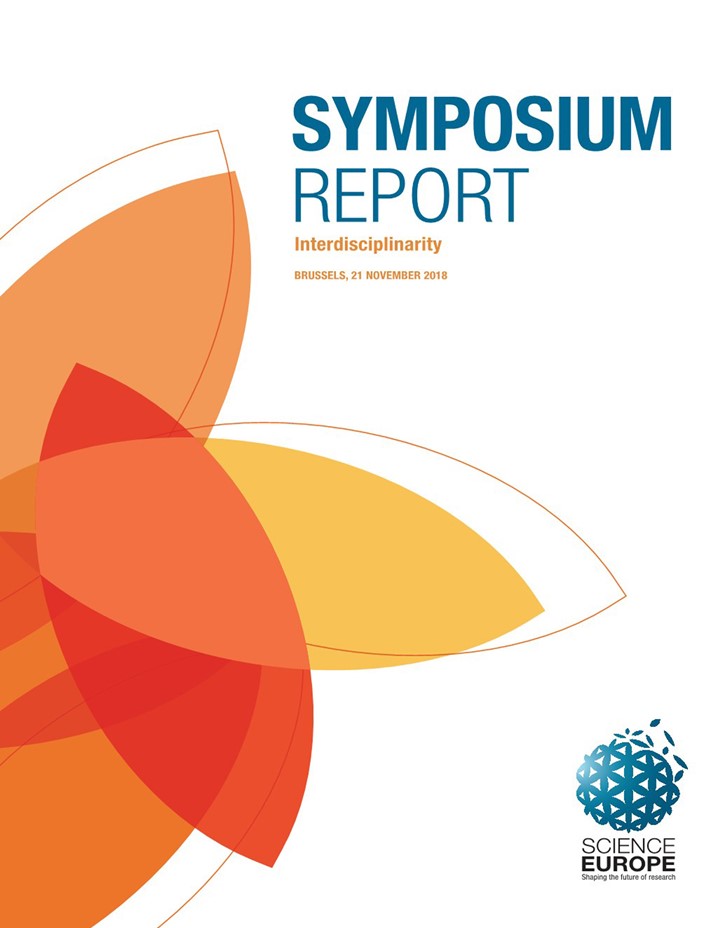Member-only content is available on this page. Please log in to view this content.

Our resources
Discover Science Europe’s comprehensive library of resources, including the most recent publications, briefings, and position statements.
43 resource(s) found
Report of the 2nd Diamond Open Access Conference
The event report of the second Diamond Open Access Conference (25–26 October 2023, Toluca, México), showcases good practices and policies for Diamond Open Access from across the world. The conference focused on the key features of infrastructure, policy development, governance, research evaluation and recognition, and sustainability.
Practical Guide to Supporting Diversity in Research Environments
Science Europe’s new ‘Practical Guide to Supporting Diversity in Research Environments’ highlights key findings from a membership survey conducted in 2023, showcases good practices, and provides practical recommendations across topics such as positive action measures and the collection and use of diversity data.
Research at the Heart of Europe’s Ambition – 2022 Annual Report
In 2022, Science Europe made significant contributions in various areas, including research culture, research assessment, open science, EU framework programmes, the green and digital transition, and science communication.
Science Europe Conference Report on Open Science
This report highlights the main ideas and insights that emerged from the 18 and 19 October 2022 Conference on Open Science, organised by Science Europe.
Recognising What We Value: Recommendations on Recognition Systems
Researchers, research services, and other community members at Research Funding and Performing Organisations play a key role in establishing recognition systems through the research assessment processes that they implement. These recognition systems strongly contribute to determining what is understood as research quality and excellence. Based on the Science Europe Values Framework (published in July 2022), this paper provides practical recommendations and good practice examples detailing how research organisations can continuously improve the way they assess research and researchers. The recommendations help to embed our shared values and contribute to the evolution of research cultures in Europe.
Briefing Paper on EOSC: Federating Research Infrastructures in Europe for Fair Access to Data
One of the most prominent initiatives in the digital and open transition of research is EOSC. This federation of existing research data infrastructures in Europe aims to create a web of FAIR data and related services for research
Open Science As Part of a Well-Functioning Research System
Science Europe and its members support Open Science as part of a well-functioning research system. This paper sets the direction for an open and seamless collaboration between research actors and involvement of societal parties where relevant.
Agreement on Reforming Research Assessment
This Agreement sets a shared direction for changes in assessment practices for research, researchers, and research performing organisations, with the goal to maximise the quality and impact of research. It includes principles, commitments, and timeframes for reforms and lays out principles for a Coalition of organisations willing to work together in implementing the changes.
Science Europe 2021 Annual Report
For Science Europe, 2021 was a very important year: the association celebrated its 10th year of existence. Founded in 2011, it has grown into a respected and influential voice in the European research policy debate. Moreover, we published a new Strategy Plan for 2021–2026, which maps our collective objectives and sets a specific yet flexible action framework over the next five years.
A Values Framework for the Organisation of Research
Science Europe launches a framework of shared values that serve as a guide to contribute to fostering a forward-looking research culture within the European Research Area, and globally.
Reaction to the Council Conclusions on Research Assessment and the Implementation of Open Science Policies
The Council Conclusions are an important step in recognising the relevance of Open Science and reforming research assessment, which are two essential elements of the cultural shift that are necessary to put research quality and openness are the cornerstones of positive research cultures.
Action Plan for Diamond Open Access
Science Europe, cOAlition S, OPERAS, and the French National Research Agency (ANR) present an Action Plan to further develop and expand a sustainable, community-driven Diamond OA scholarly communication ecosystem.
Report of the 2021 High Level Workshop on ERA: Research Culture in the ERA
The 2021 High Level Workshop on the European Research Area dealt with the topic of research culture and how to keep the research sector attractive for current and future generations of researchers.
Statement on Research Culture - Empowering Researchers with a Thriving Research System
The new statement on Research Culture envisages an ERA that focusses on the quality of research and its processes, supports scientific freedom, and promotes social diversity and inclusion, acknowledging that these conditions will, in turn, foster a productive research system.
Science Europe Strategy Plan 2021-2026
The Science Europe Strategy Plan comes at a crucial time for European Research an Innovation (R&I) and includes an updated vision, mission, values, and set of strategic priorities for the association. It supports its Member Organisation in their mission to create world-class scientific knowledge, delivering more benefit for our societies.
Multi-annual Action Plan 2021-2026
This Multi-annual Action Plan proposes a series of framework actions to guide the implementation of the Science Europe Strategy Plan 2021–2026 in line with the association's updated vision, mission, values, and strategic priorities.
2020 Annual Report
The year 2020 saw a global pandemic attest to the value of science. In the race for COVID-19 treatments and vaccines, Science Europe’s Member Organisations were at the forefront of the global response and our association became more relevant and important than ever.
Joint Statement on Empowering Researchers in Open Access
Released in partnership with CESAER and the European University Association (EUA) this joint statement outlines how all publishers must fully respect researchers’ rights by providing clarity and transparency on Open Access.
Briefing Paper on Open Access Monitoring
This briefing paper aims to support decision makers at research organisations and research funders to develop new monitoring exercises or assess and improve existing processes to measure the Open Access status of publications.
The OA Diamond Journals Study
Science Europe and cOAlition S publish an in-depth report and recommendations arising from a study of community-driven Open Access journals across the world that are free for readers and authors, usually referred to as 'OA diamond journals'.
Position Statement and Recommendations on Research Assessment Processes
Science Europe calls on research funding and performing organisations to continuously evaluate their research assessment processes to ensure that they are effective, efficient, fair, and transparent.
Workshop Report on Digital Transformation in Scholarly Communication
The 20 and 21 November 2019 Science Europe Workshop on Digital Transformation in Scholarly Communication explored how new possibilities and technologies provided by the digital transformation can impact the future of the scholarly publication process.
Science Europe Study on Research Assessment Practices
In 2019, Science Europe conducted a flagship study on research assessment processes and practices. The study was developed and overseen by the Science Europe Task Force on Research Assessment and the Science Europe Office, and implemented by Technopolis Group Vienna.
Briefing Paper on Open Access to Academic Books
So far, much of the focus of the transition towards Open Access has been on scholarly and scientific articles. However, a significant number of disciplines, notably – but not only – within the Social Sciences, the Arts, and the Humanities produce and heavily use books. This briefing paper identifies the key issues at stake in implementing a policy of Open Access to academic books, and outlines recommendations for different stakeholder groups to facilitate and accelerate such a policy.
Science Europe Symposium on Interdisciplinarity
Interdisciplinarity is increasingly used to tackle complex scientific questions and address large societal challenges. At the same time, the evaluation of interdisciplinary research proposals poses a set of problems, ranging from missing common standards and criteria to shortages of peer reviewers with experience in evaluating interdisciplinary research. At its third Symposium, Science Europe and its Scientific Advisory Committee brought together researchers and other experts experienced in interdisciplinarity with high-level representatives from Science Europe’s Member Organisations, who fund and perform such research.

